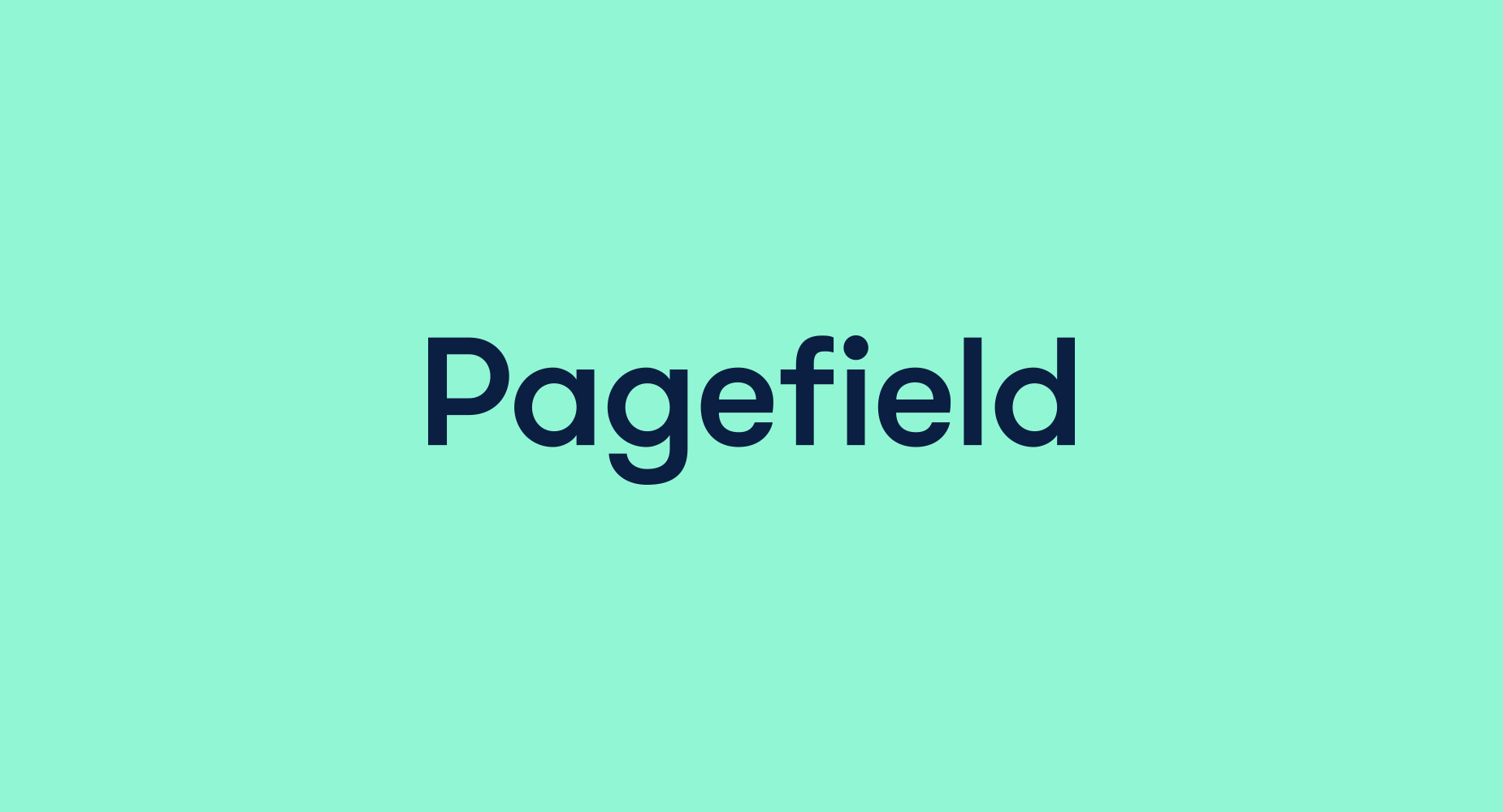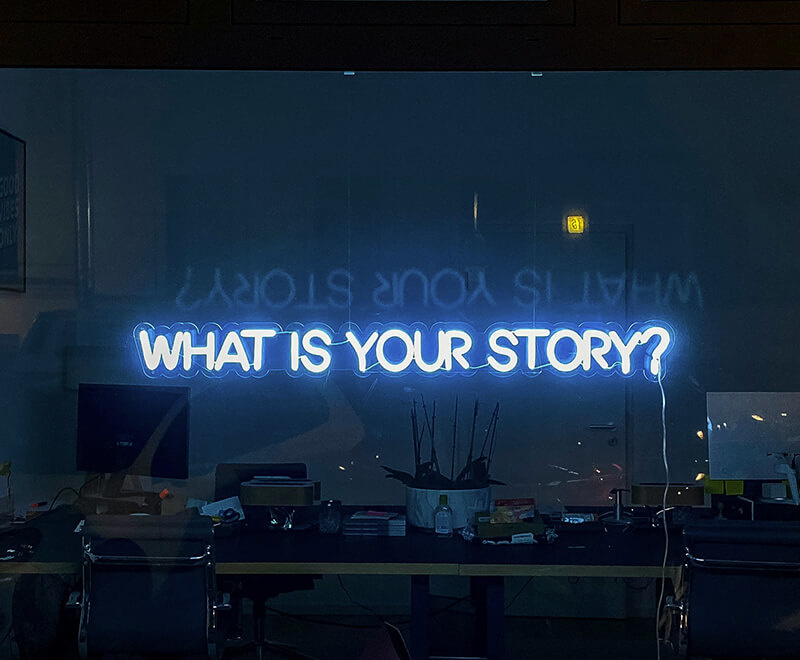Pagefield recently attended a Connect 3 Club breakfast with David Bond, European Media Correspondent at the Financial Times, chaired by Heidi Mallace of CTN Communications. In wide-ranging discussions about Facebook, fake news and future-gazing, here are five things we gleaned from the session:
- The Buzzword: Fake news
Fake news is the buzzword of the moment and it shows no sign of letting up as we go into 2017. However, David Bond emphasised the founding principles of credible journalism remain: facts are sacred and will continue to be rigorously checked by journalists. He notes that Buzzfeed could be called irresponsible for publishing the Donald Trump dossier. “It essentially said to the American people ‘here it is, judge for yourself’ without verifying the sources,” he noted.
However, David pointed out that it will be interesting to see how companies such as Google hold the line with advertising revenues when it comes to fake news. Will they withhold the money earned in advertising to these fake news sites, or will they pay out regardless?
- Facebook: media hosting platform or media content generator?
2017 will be a ‘pivotal year’ for Facebook, according to David. For years now, print advertising has gradually been eroded and any digital advertising revenues have been directed at Facebook and Google, not online news platforms.
However, both Brexit and Trump’s election have revealed just how powerful Facebook can be as a news platform. “Over the next year, Facebook will have to take more responsibility for the content it distributes and will start to act more and more like a publisher,” David predicted. This will be particularly worrying for traditional media brands, he continued, as “it’s yet another popular platform to compete with as newsrooms become further squeezed by lost advertising revenue.”
- Trust has been eroded in national media
It comes as no surprise that the public’s trust continues to be eroded in mainstream media. David lamented the current lack of ‘a liberal left voice’ in UK media, stating that some publications “are in a race to the bottom with each other” – publishing increasingly polarised and bold headlines for readers on either extreme side of the political spectrum. He cited Daily Mail’s recent ‘Enemies of the People’ front page, featuring the High Court judges who ruled Parliament must be consulted before Government could trigger Article 50, as “a shock”.
- Will there be a second Leveson inquiry?
Answering a question from the audience about whether we will ever see another Leveson inquiry, David was sceptical. “Media in the UK has come a long way since the 2011 inquiry and changed dramatically,” he affirmed. “There also seems to be very little appetite from Theresa May’s government to open up a new public inquiry of that scale and cost – especially given the issues with the ongoing Child Abuse inquiry.”
- Editorial ‘outside the bubble’
David says that those newspapers which backed Remain, and were sure the UK would stay in the EU, have no doubt had a ‘period of introspection’ post-Brexit, and now have to consider how to go beyond the metropolitan echo-chambers and consider the bigger picture across the UK, as well as the world.
Connect 3 is a networking club set up for women who want to diversify their contacts, create conversations, do business and (most importantly) have fun. If you would like to know more about the club please contact Katie.Lockett@www.pagefield.co.uk




